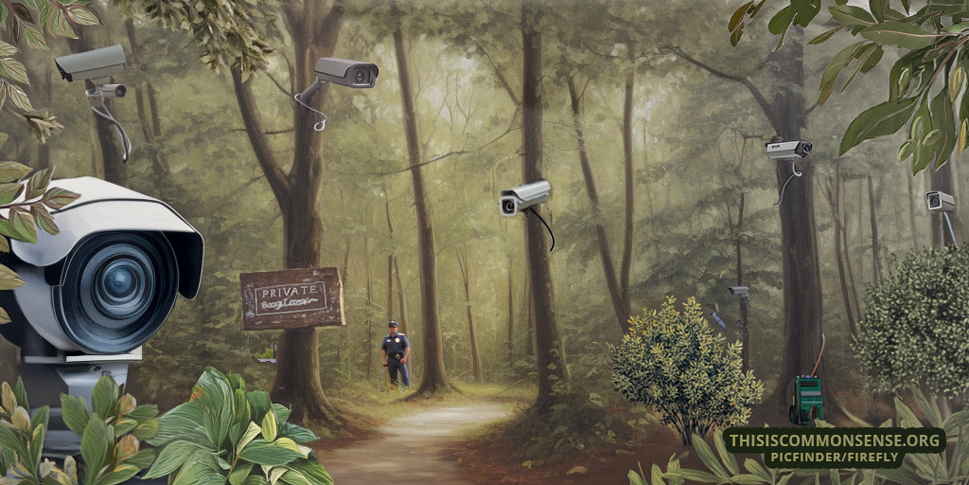“The FBI began surveilling a Catholic priest in 2023,” wrote James Lynch last week, “after the clergyman refused to divulge details about a recently arrested parishioner who was converting to Catholicism and seeking spiritual guidance.”
The agency’s Richmond Field Office “tracked the priest’s movements and coordinated with several other FBI offices and a foreign law enforcement agency to gather intelligence on the clergyman and his priestly organization,” Lynch summarizes.
This is all based on a new House Judiciary Committee report entitled “How the Biden-Wray FBI Manufactured a False Narrative of Catholic Americans as Violent Extremists.” *
“The FBI attempted to violate the priest-penitent privilege,” the report continues, “on the faulty reasoning that the Richmond subject under investigation seeking spiritual guidance had not been baptized or completed catechism.”
You may be asking yourself, is the FBI out of its mind?
Certainly, out of this hemisphere. Consider that FBI agents have also extended their reach way beyond U.S. borders to focus on wrongthink elsewhere.
According to investigative journalist David Ágape, “the FBI has helped Brazil censor its citizens,” working with the Soros’ Open Society Foundation to promote censorship in Brazil and a secret judicial police force targeting “people deemed to be spreading false information.”
Was the FBI nurturing censorship in foreign lands to later re-import them here?
From its beginning, the Federal Bureau of Investigation has had trouble staying within constitutional limits. I guess we should not be shocked that it doesn’t obey jurisdictional limits, either.
Hopefully, Director Kash Patel will rein in the agency. It won’t be easy.
This is Common Sense. I’m Paul Jacob.
* According to the committee, “The report reveals that contrary to testimony from former Federal Bureau of Investigation (FBI) Director Christopher Wray, the 2023 Richmond memorandum that derisively labeled traditional Catholics as ‘racially or ethnically motivated violent extremists’ was not an isolated incident. Under the new leadership of Director Kash Patel, the FBI has cooperated considerably with the Committee’s subpoena, and has produced over 1,300 pages of additional documents related to the Richmond memorandum that the Biden-Wray FBI did not disclose.”
Note: You can also mouse-over the asterisk in the main text to see the footnote.
Illustration created with Krea and Firefly
See all recent commentary
(simplified and organized)
See recent popular posts










